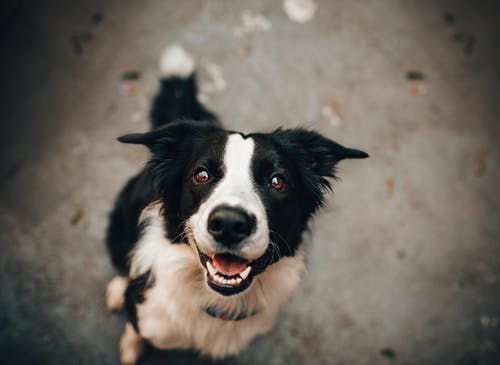
Horse ownership necessitates a sizable time and financial commitment. But it might also be gratifying and enjoyable. Horses are lovely pets and can be kept for riding enjoyment, competition, or both. You have a legal duty to ensure your horse has the things it needs to stay healthy and content.
Horse Maintenance and General Health Care
You would be surprised at how little most people know about horses, despite everyone being familiar with them. Everyone has an opinion, and there are many myths. Here are some facts about horses to help you understand them, especially if you are considering taking riding lessons or purchasing a horse for the first time.
Owners of properties where horses are saved, and horse owners who keep horses on their property must have a Property Identification Code (PIC).
These requirements are as follows:
- water
- shelter
- company
- health care
- space and exercise
- adequate and appropriate feed
- treatment of illness or injury.
Feeding
Horses need access to high-quality roughage to keep their bodies in good condition (pasture, hay, or chaff). 1 to 2 kilograms per 100 kilograms of body weight per day is a general feeding recommendation, or:
- Pony (measuring up to 13.5 hands, 200–350kg) feed 3–7kg each day
- Galloway (measuring 13.5–15 hands, 350–500kg) feed 7–10kg each day
- Horse (measuring 15–16.5 hands, 500–650kg) feed 10–13kg each day
- Heavy Horse (measuring 16.5+ hands, 650+kg) feed 13+ kg each day
A frequently worked horse with poor pasture or lost body condition may need additional feeding.
Place a mineral block or salt lick in the paddock. For advice on suitable supplemental feeds, speak with your veterinarian from a reputable Gillette animal hospital. You should not feed horses many food scraps and grass clippings because they can make them ill. One of the key indicators of general horse health is providing as much forage (hay or grass).
Today, many of us have access to superior hay that offers more nutrition and energy. Some horses self-regulate and graze throughout the day, taking frequent small meals. For horses who tend to overeat, slow hay feeders are now available that can limit how much hay they can consume at once (which can lead to unhealthy weight gain). This allows even “easy keepers” to have access to grass for extended periods.
Foot Care
Every 6 to 8 weeks, a farrier should trim a horse’s hooves. This prevents them from chipping or growing too long, which would be uncomfortable for your horse. Shoes are necessary if you plan to ride your horse over rough or rocky terrain.
Dental Care
A qualified and experienced equine dentist should examine the teeth of a horse kept in a paddock at least once a year. Unchecked teeth can hurt your mouth and become painful. Every three to six months, a dental exam is required for horses under the age of five and horses fed grains. You can check this link for more information about dental care.
Equine Worming
Regularly worm your horse to stop worm growth in the stomach and intestines. Numerous worming pastes need to be used every 6 to 8 weeks. Be sure to follow the guidance on the product because dosage frequency and amounts can vary.
Removing excess manure in your horse’s paddock is a simple way to prevent worm infestation in pastures.
Equine Vaccinations
Your veterinarian can advise on the core vaccines for horses and how frequently they need them. They might recommend immunization against strangles, viral respiratory illness, and tetanus.
Companionship
Horses need to be around other horses because they are herd animals. This might be in the same paddock or one that is close by. When a horse is left alone in the paddock or while being ridden, behavioral problems may develop.
Conclusion
The best way to learn how to take care of a horse is to become an apprentice to an experienced horse person. It might be as easy as hanging out at the barn where you take lessons and ask lots of questions, or it might be more difficult, like renting a horse for a while so the owner can show you how to take care of and groom a horse.
